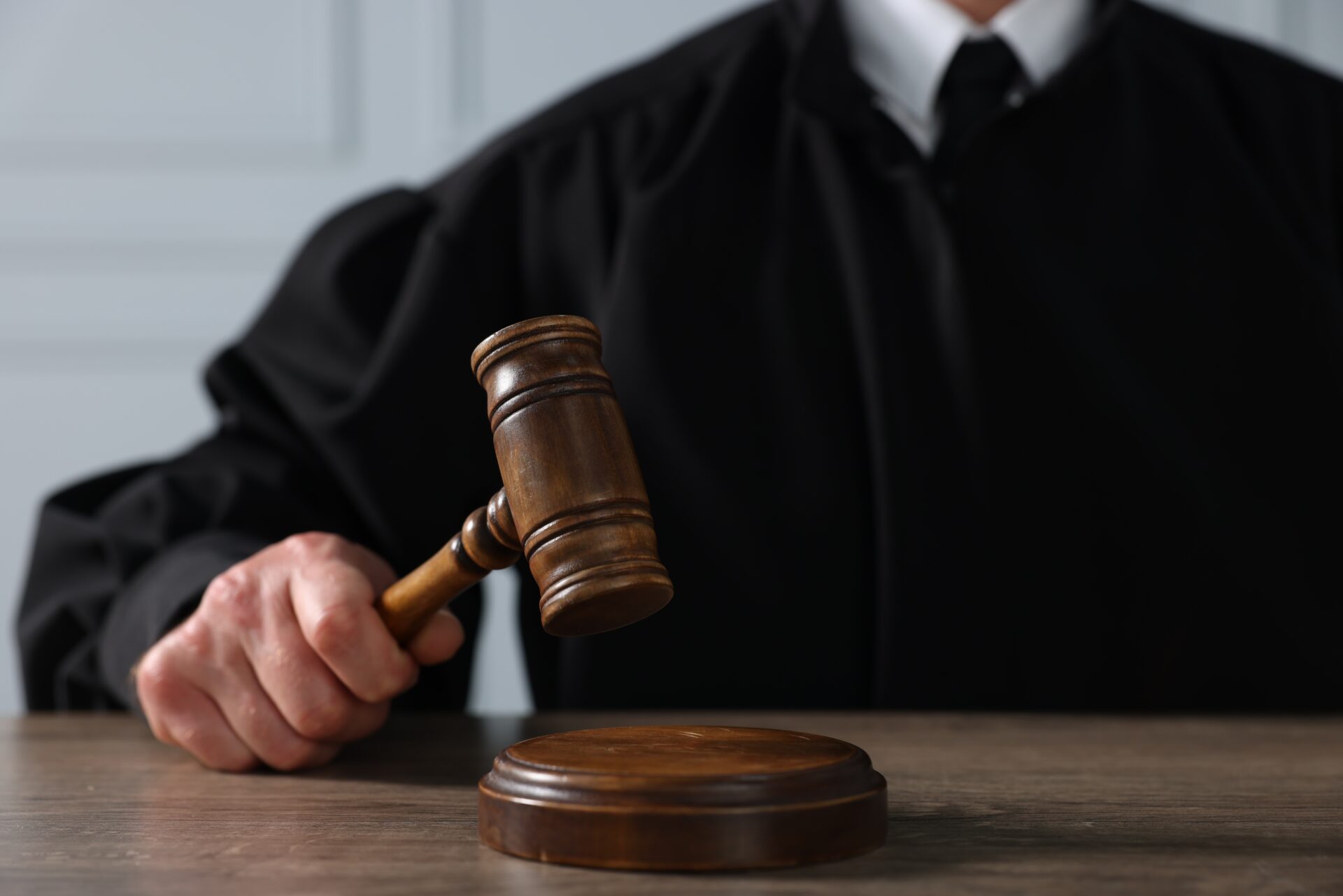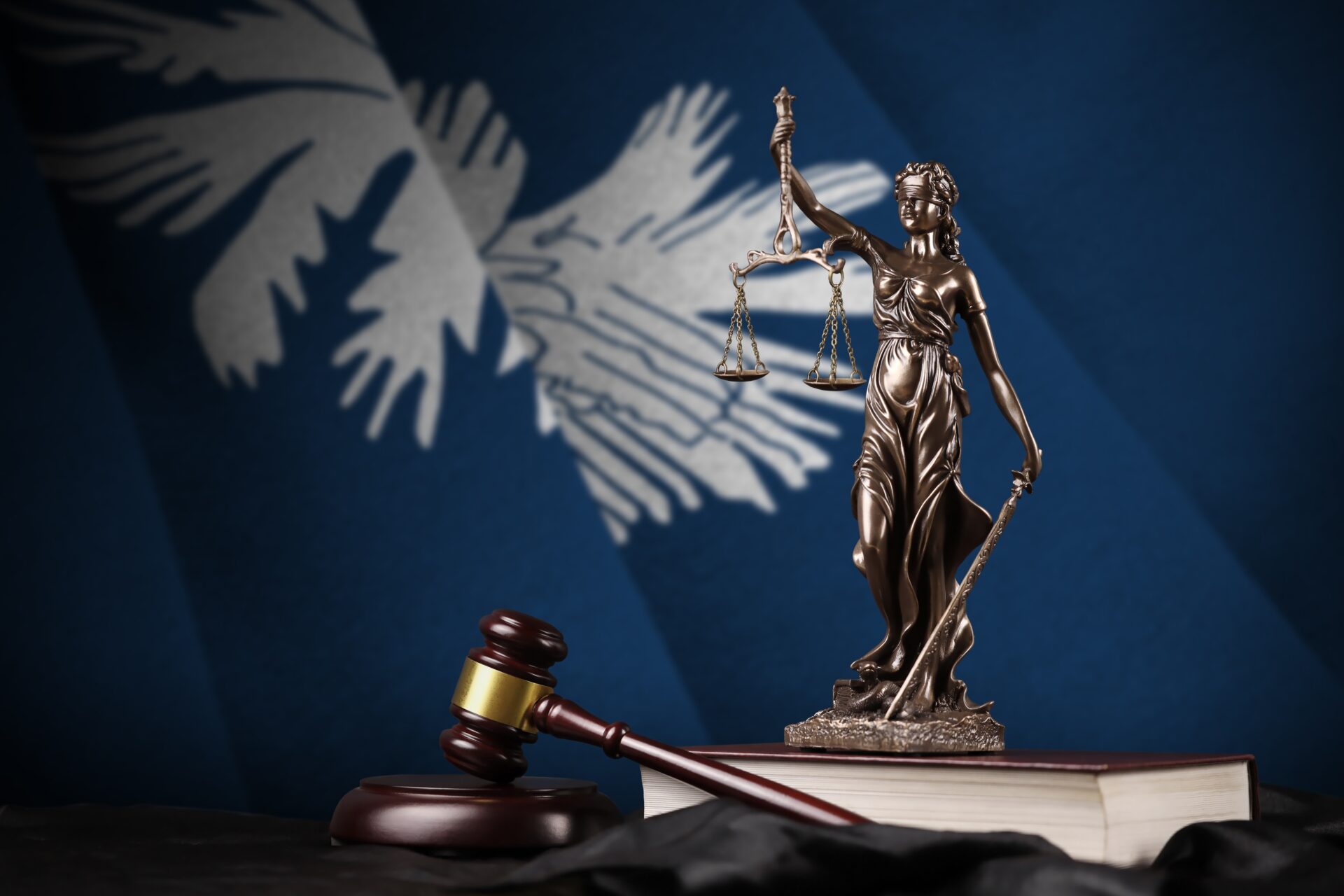
Judge BLOCKS Epstein Transcript – NOW WHAT?
A federal judge in New York has denied a Justice Department motion to release grand jury transcripts connected to the Ghislaine Maxwell case, citing the need to preserve grand jury secrecy.
At a Glance
- DOJ sought to unseal transcripts from a Maxwell-related grand jury
- Judge ruled the material contained no substantive new revelations
- Testimony came from only two law enforcement witnesses
- Grand jury confidentiality was deemed paramount to the ruling
Court Denies Release
In a decision handed down in Manhattan, the judge concluded that the requested transcripts offered no new insights beyond information already made public during Maxwell’s trial and related proceedings. The Department of Justice had argued for transparency, claiming the documents could provide additional public understanding of the investigation into Jeffrey Epstein’s network.
Watch now: Judge rejects DOJ’s request to unseal grand jury testimony in Ghislaine Maxwell case · YouTube
The court found that unsealing the transcripts would violate the longstanding principle of grand jury secrecy, which is designed to protect witness privacy and the integrity of investigative processes. The judge noted that the testimony was limited to two law enforcement officials and did not include any civilian witnesses or high-profile figures.
Why Grand Jury Secrecy Matters
Under federal law, grand jury proceedings are kept confidential to encourage candid testimony, shield uncharged individuals from public accusation, and protect the investigative process from external influence. Exceptions are rare and typically require a showing of exceptional public interest or necessity for ongoing litigation.
Legal analysts say the ruling is consistent with precedent, as courts are often reluctant to open grand jury records without a compelling legal reason. The decision also reflects judicial caution in cases that have already attracted widespread media attention, where the release of even routine testimony could be misconstrued or sensationalized.
Impact on the Epstein Record
The denial marks another instance in which courts have resisted calls for broader disclosure of sealed materials related to Epstein and his associates. Advocates for transparency argue that public trust requires maximum disclosure, especially given the scope and notoriety of the case.
However, legal experts caution that full transparency in such matters could compromise investigative techniques and deter cooperation from future witnesses. In this instance, the judge’s ruling indicates that the specific transcripts sought would not significantly expand the public record, making the secrecy interest outweigh potential benefits of disclosure.
For now, the Maxwell grand jury record will remain sealed, joining a growing list of materials from the Epstein investigations that remain inaccessible to the public.
Sources
The Washington Post
U.S. Courts
Associated Press


